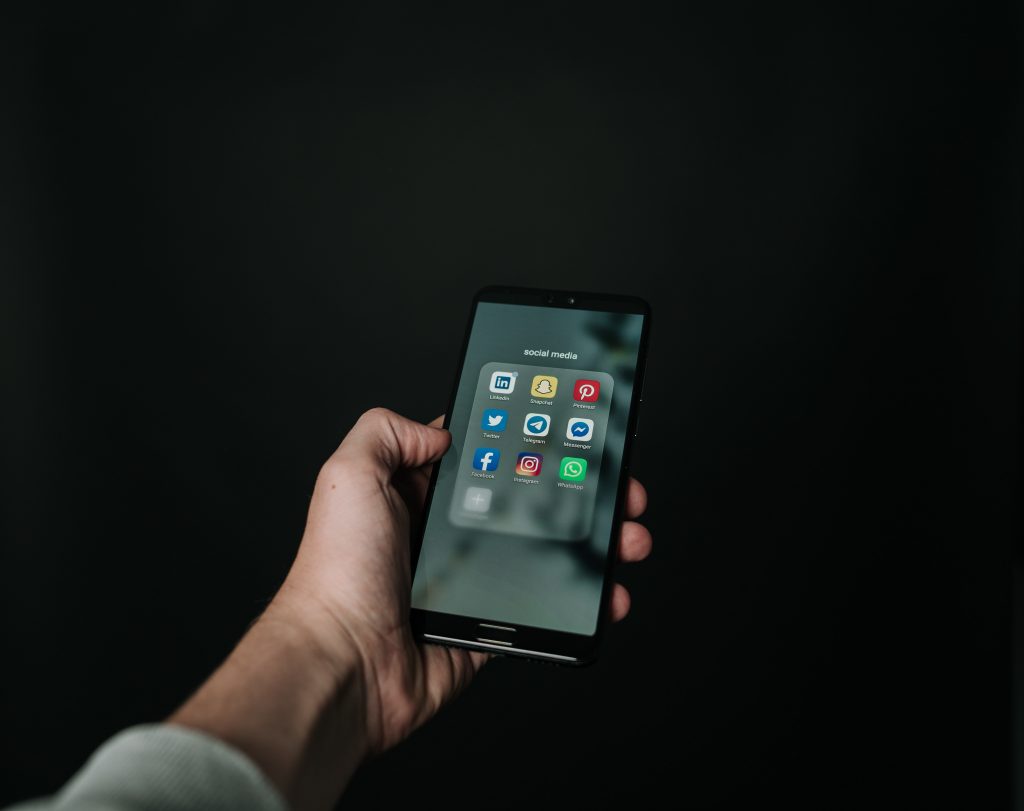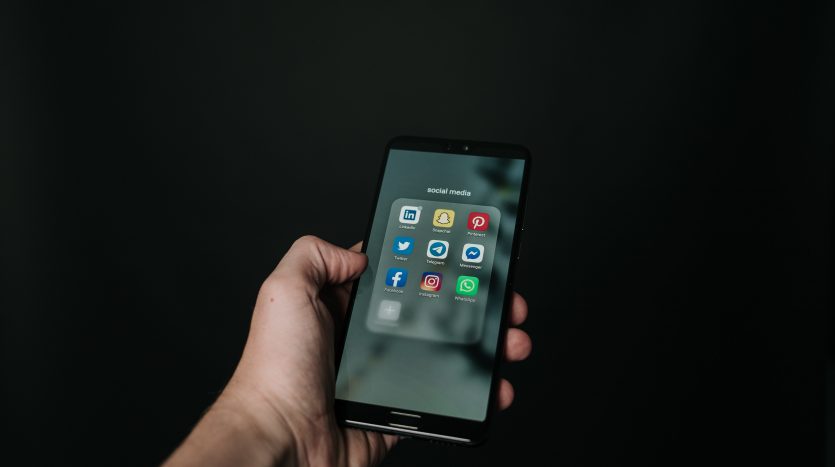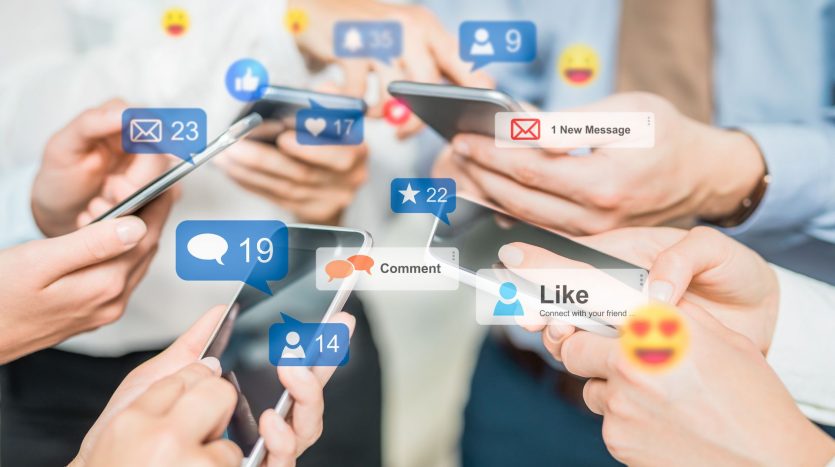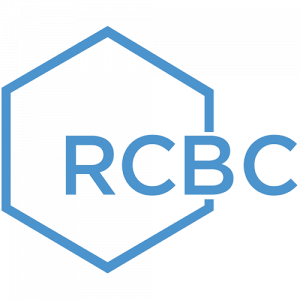Mental Health and Social Media: How to Navigate the Complex Relationship
In today’s digital age, social media has become an integral part of our lives. It has changed the way we communicate, connect, and share information. While social media has its benefits, it has also been associated with negative effects on mental health. In this article, we will explore the complex relationship between mental health and social media and provide tips on how to navigate this relationship.
RELATED: Facebook Privacy and Security: How to Protect Yourself and Your Data Online
The Negative Impact of Social Media on Mental Health

Research has shown that social media use is associated with an increased risk of depression, anxiety, and other mental health problems. One reason for this is that social media can create a sense of isolation and loneliness. Seeing other people’s curated lives can make us feel inadequate or left out. Additionally, social media can lead to a phenomenon called “social comparison,” where we compare ourselves to others and feel inferior.
Another negative aspect of social media is cyberbullying. Cyberbullying can cause significant harm to mental health, and it is often difficult to escape as it can happen anytime and anywhere. Cyberbullying can lead to anxiety, depression, and even suicidal thoughts.
Tips for Navigating the Relationship Between Mental Health and Social Media

While social media can have negative effects on mental health, it is still possible to use it in a positive way. Here are some tips for navigating the complex relationship between mental health and social media:
Limit Your Time on Social Media
One way to reduce the negative effects of social media on mental health is to limit the amount of time you spend on it. Try to set boundaries around when and how much time you spend on social media. Consider using apps that can help you monitor your social media use and limit your time online.
Be Mindful of Your Social Media Use
Another way to use social media in a positive way is to be mindful of your use. Consider taking breaks from social media and practicing self-care activities such as meditation or exercise. When using social media, try to focus on the positive aspects and avoid comparing yourself to others.
Build a Supportive Community
Social media can be a great way to connect with others and build a supportive community. Consider joining groups or communities that align with your interests or values. Engage in conversations with others and offer support when needed.
Seek Professional Help

If you are experiencing significant mental health issues, it is important to seek professional help. Consider talking to a therapist or mental health professional about your concerns. They can provide you with support and guidance on how to navigate the relationship between mental health and social media.
The relationship between mental health and social media is complex. While social media can have negative effects on mental health, it is still possible to use it in a positive way. By being mindful of your social media use, building a supportive community, and seeking professional help when needed, you can navigate this relationship in a healthy and positive way.
READ MORE: Golden Haven Memorial Parks News and Update

















